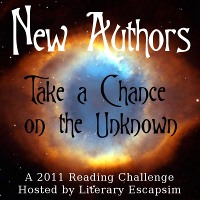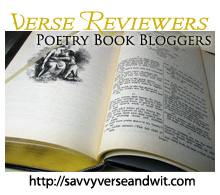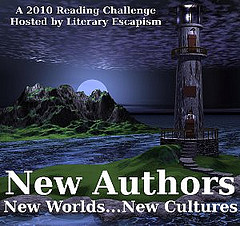
Frances Ellerby is a young 20-something with her whole life ahead of her in 1969 when she heads to Miami for a wedding, meets a spontaneous young woman named Marse, and finds the love of her life, Dennis. She makes a major decision and moves from Georgia to Miami to be with Dennis, and while she is uncertain about her life choices sometimes, for the most part she realizes she has chosen the right path.
“The pink undulated and shimmered in the sunlight, fading and brightening. It was like nothing I’d ever imagined. Like so much of Miami, the islands were vain, gaudy, and glorious — and in this way they belonged there, undeniably, and I hoped unrealistically that their pink skirts would stay fastened forever.” (Page 147)
Frances is a young woman who is moored to Miami by her love of one man, but her friendships with Marse and others seem to come in and out of the storyline. There are moments of utter joy, heartache, and humor, but there also are moments when the story line takes predictable turns as many plots about marriages over time turn to possible affairs and other heart breaks.
“‘Oh, God, I know — they botched her face-lift.’ One of Elanor’s cheeks drooped considerably, and the eyelid on the same side drooped as well, as if she’d been stuck with something and deflated. ‘She’s going to that guy in Naples to fix it, but they can’t get her in for six months. You’d think this would qualify as an emergency.'” (page 194)
Although Daniel sets up the landscape of Miami as over-the-top and gaudy in many ways, readers may be unprepared for the dramatic bombshells dropped on top of one another in the last 100 pages. Readers may find these sections unbelievable or too much to lump together near the end of a novel, especially one that up until this point had been very predictable.
Frances was too hard to connect with on many levels because she’s so unpredictable in her relationships and she second guesses her decisions at every turn. Her deep love of Dennis is often questionable. Overall, Stiltsville‘s setting in Miami grows with each passing decade, but the relationships between Frances and her family often seem stagnant or underdeveloped, though the introduction of Margo, her daughter, is a compelling element that should have been explored more fully.
This is my 1st book for the 2011 New Authors Reading Challenge.


 About the Author:
About the Author:











